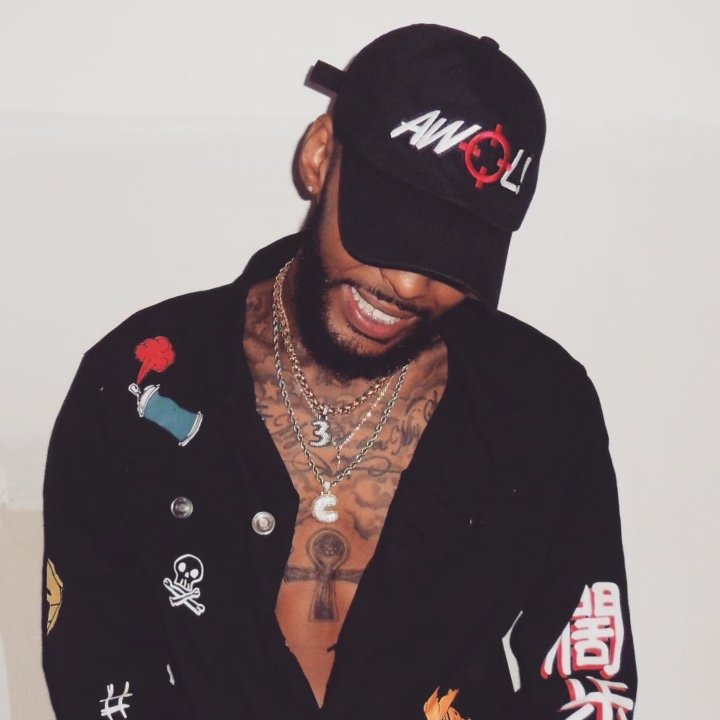With the dramatically expanding creator economy, NFTs and Web3 are becoming the tools for giving artists and musicians more financial stability and control.
The music sector hit record revenues at $25.9 billion in 2021, which amounts to an 18.5% growth from 2020, according to IFPI’s “Global Music Report.” Of these nearly $26 billion, streaming drove the bulk of the growth, with a 24.3% increase relative to 2020. These patterns constitute great news for the emerging class of NFT musicians and highlight the demand for audio and video content.
Even if the way that streaming is done changes — moving from centralized platforms, like Spotify to decentralized NFT marketplaces — streaming is here to stay. The rise in streaming is part of a broader transformation in media and entertainment towards digital content — print media is quickly fading. Digital media began replacing print media years ago with profound effects on the sector. Economists find that the move toward national digital media is linked with the decline in local newspapers and partially explains the focus on national topics and heightened politicization.
But, we have the opportunity to do things differently in the emerging Web3 era. We now are starting to see the emergence of individual musicians minting their own NFTs and marketing them — and keeping the bulk of the revenues, rather than cedeing them to record labels or other intermediaries.
Building community
Many commentators have already pointed out that community-building is important for successful NFT projects. Absent a centralized platform that helps disseminate content at scale, NFT artists have to rely on their own networks and personal connections to get the word out. In many ways, that requires a different set of skills than the production of the music, namely many soft skills and some financial shrewdness — at least enough to know when to say yes versus no to an opportunity.
However, such skills are not taught in traditional music programs. Instead, they focus heavily on voice technique and music history, which are useful to varying extents, but not alone sufficient for a successful career as a musician. That’s part of the reason record labels and centralized entities were so useful — they helped fill a lack that many musicians had through no fault of their own.
But, community-building is not just a means toward the end of selling NFTs — it’s also a highly interactive and dynamic process that feeds into an artist’s underlying art. Unfortunately, the usual centralized model for media and entertainment not only requires musicians to part with the bulk of their potential revenues, but also their rights and governance. They cannot even make decisions governing their own music without getting approval from their controlling entity.
While some people might still be okay with that, artists across the board loathe giving up that sort of creative autonomy and control — especially when they are not compensated well for it. Wages for performing artists are projected to experience limited growth over the next several years, suggesting that little is going to change unless we shift from the current trajectory.
Music was never designed for centralization. Artists create experiences for others to enjoy with others. Although record companies talk about building community, the proof is in the pudding — musicians across the board struggle, and often not due to a lack of talent, but rather a lack of financial and business expertise that leads them into contracts with record labels that do not serve their interests. Fortunately, we’re seeing an emergence of decentralized options, including most recently the announcement of MuseDAO, which aims to bring classical musicians together and spearhead local meetups and get togethers with the goal of enjoying and growing culture.
Immersive digital experiences
Prior coverage from Cointelegraph has already highlighted the financial benefits that music NFTs offer artists through the initial sale. We don’t need to look too far to see the windfall that talented musicians have brought home, most notably Justin Blau, known under his performing name 3LAU, as one of the early movers through his Ultraviolet NFT drop last year.
However, what the latest numbers on streaming highlight is that there is a growing audience for music NFTs beyond just streaming — if that was all that there was, then we would expect to see steady, not exponential, growth. Instead, we saw continued momentum as consumers look for more audio and video content to consume and enrich their lives in place of traditional print media.
NFTs have the potential to unlock an incredibly exciting and new market in the creative economy. If we think of artists — and content creators more broadly — as people who help build experiences for others, then NFTs become the vehicle to transmit and authenticate unique artistic content.
Read more here.










